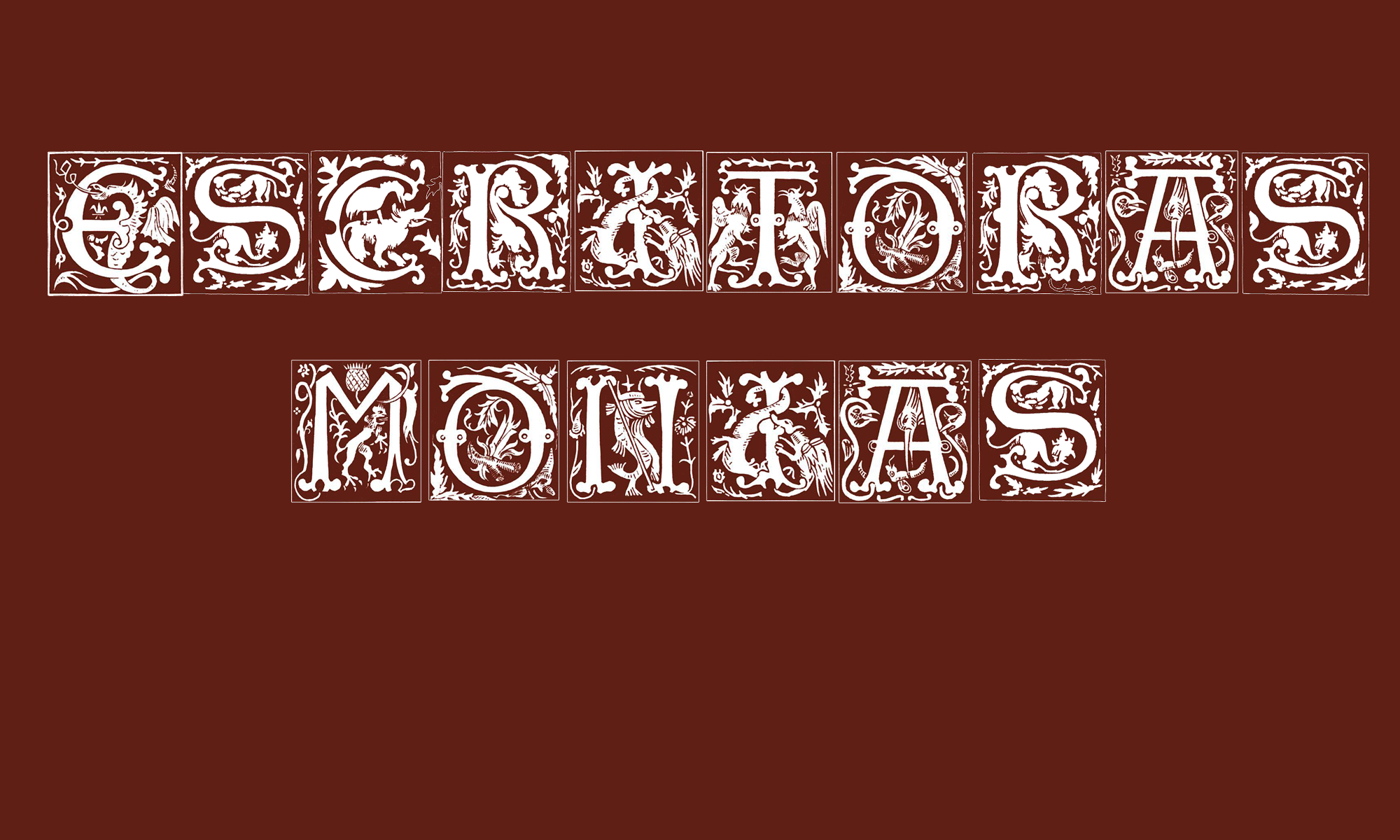Julia Lewandowska holds a PhD in Cultural and Religious Studies from the University of Warsaw (2016, summa cum laude) and is an Associate Professor at the Faculty of “Artes Liberales” at the same institution. She is a specialist in women’s conventual culture, which she approaches from an interdisciplinary perspective (literary studies, cultural studies, history of religion, philosophy). She has published articles in Spanish, English, Portuguese and Polish in journals such as Women’s Writing (Routledge), Studia Aurea, Temas Americanistas and Teksty Drugie, as well as edited books in presses such as Brill, Brepols, Iberoamericana, Cambridge Scholar Publishing, Peter Lang, Renacimiento, among others. Her monograph Escritoras monjas. Autoridad y autoría en la escritura conventual femenina de los Siglos de Oro (Iberoamericana-Vervuert 2019) was recognised by the Polish Association of Hispanists as the best monograph in cultural studies, history and literature for the 2019-2020 biennium and by the Association of Gender and Sexualities Studies with an honourable mention in the Victoria Urbano Prize as the best critical monograph for 2020. She is currently leading the project The Mother Tongue: Textuality, Authority and Community in Post-Teresian Reform Female Monasticism (c.1560-1700) (2020/39/D/HS2/00902) funded by the National Science Centre. She is also a member of the research team of two international projects: Fastos, simulacros y saberes en la América Virreinal of the ILLA CCHS of Consejo Superior de Investigaciones Científicas (dir. Judith Farré Vidal, PID2020-113841GB-I00) and Prácticas culturales y discurso epistolar de las mujeres españolas de la primera Edad Moderna (BIESES 7) of the UNED. Universidad Nacional de Educación a Distancia (dir. Nieves Baranda Leturio, PID2022-140064NB-I00). Since 2021 she is a co-director of the Brepols Publishers series Women in Christianity. A Cultural History of Women Religious from Late Antiquity to the Early Modern Period. Her research interests include early modern women’s history and thought, the literary culture of female monasticism, theology, rhetoric and the history of emotions in religious discourses.
Araceli Rosillo-Luque holds PhD in Medieval History, University of Barcelona, with the thesis ‘El monasterio de santa clara de Manresa (siglos XIV-XVII). Las clarisas en la cataluña central’ (2016) and since 2014 she has been the technical director of the Arxiu-Biblioteca dels Franciscans de Catalunya of the Franciscan Province of the Immaculate Conception (Barcelona, Spain). Since 2021 she has been co-editor of the Brepols Publishers series Women in Christianity. A Cultural History of Women Religious from Late Antiquity to the Early Modern Period. She has collaborated on several projects related to medieval women’s spirituality (Atlas Claustra, 2012-2014; Monastic Walls, 2013 and Spiritual Landscapes, 2015-2019). She is currently member of three research groups and projects at the University of Barcelona: Tacita Muta-Grup d’Estudis de Dones i Gènere a l’Antiguitat (dir. Dolors Molas); Senecta-La Sociedad Urbana Medieval frente al envejecimiento: prácticas de subsidio, acogida y salud, Cataluña s. XIII-XV (director: Mireia Comas) and Folia Recepta- Fragmentos de obras medievales romances procedentes de archivos eclesiásticos y de la Inquisición (dir. Lourdes Soriano). Her research interests include the culture, transmission of knowledge and life histories of medieval and modern women’s spirituality, Franciscan-Clarean history and the study of the documentary and book heritage of the mendicant orders. She also teaches courses on monasticism and medieval and modern spirituality at the University of Barcelona.
Joanna Partyka is an anthropologist and historian of Polish and Mediterranean literature and culture since the beginning of her academic career at the Institute of Literary Research of the Polish Academy of Sciences and the University of Warsaw. Her main field of research is the culture of the XVIth and XVIIth centuries in the broadest sense, which has become for her a source of anthropological, sociological and psychological reflection. For her studies, she uses little-known texts of paraliterature: encyclopaedias, moral and pedagogical treatises, manuals for confessors, silvae rerum, itineraries, etc. One of her constant interests are work written by women. She is a translator from Spanish into Polish (she has translated essays by J. L. Borges, among others). She is the author of three monographs and over 90 articles in Polish, English and Spanish. For 10 years she was the scientific coordinator of the Committee of Literary Sciences of the Polish Academy of Sciences. She has given doctoral courses, lectures and conferences at numerous universities in Spain, Portugal, Belgium, Sweden and Argentina, as well as at several universities in Poland. She is an expert at the National Science Centre, President of the Pro Cultura Litteraria Association and Director of the Pro Rhetorica Interdisciplinary Centre for Applied Rhetoric at the Institute of Literary Studies of the Polish Academy of Sciences.
